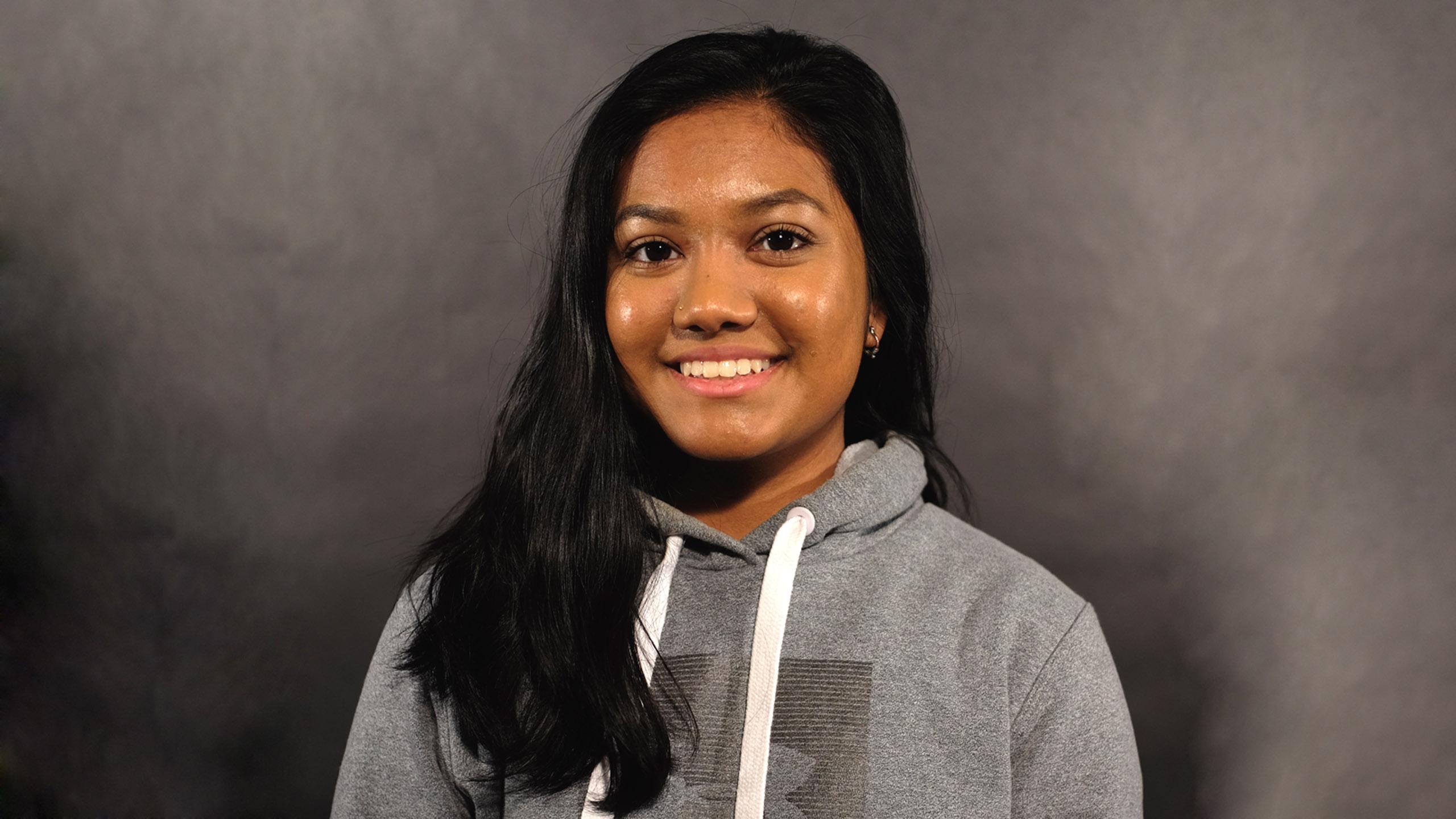By Emerald Bensadoun and Hayley Hanks
The #BellLetsTalk hashtag will dominate social media feeds today, as people post to donate towards mental health initiatives and programs across Canada. As the national conversation around mental health widens, students are discussing how their mental health needs are addressed in mandatory co-ops and internships.
Co-op (co-operative education) is an academic program that connects students with employment. For some Ryerson programs, one co-op term consists of a 16-week, full-time work experience related to a student’s area of study. Students can spend upwards of a third of their degrees working in their co-op. This can lengthen a program up to two years, and many are unpaid.
While no co-op placement is guaranteed, students apply and compete for jobs just like in the real world, only 50 per cent of Ryerson co-op grads secure a full-time job prior to graduation.
Rena Davids* is a fourth-year chemical engineering student with a mandatory co-op. Last year, Davids was on another co-op term, but, dealing with her recent borderline personality disorder diagnosis, she needed time off work. In an interview, Davids told The Eye that her supervisor was unable to accommodate her requests.
Davids says she spoke to the co-op office to try and get accommodation, but the amount of time she needed time off didn’t fit with the nature of the job. She lost the co-op.
Now, in her fourth year, Davids found a co-op that allows her the accommodation she needs. But back then, she wondered whether or not this would affect her degree, as well as her ability to find work in the future.
“At the time, I was really devastated because it was an eight-month co-op and I was worried,” she said. “If I can’t handle a job, will I be able to handle a job in the future, and will I even be able to get a job in the future?”
For some, like students in the school’s journalism program, a co-op or internship is optional during a student’s fourth year. But for those in Davids’ chemical engineering program, alternating periods of paid work are mandatory, leaving some students little time to take care of their mental health.
Fifth-year graphic communications management student Caitlin Couto did her mandatory summer internship at a Toronto label-making company. Last school year, she began to feel a strain on her mental health and Couto sought treatment from her doctor.
“I was not feeling myself. I was really tired all the time, and it was really putting a toll on me … I literally wasn’t even wanting to shower,” she said.
Couto said her doctor advised she take some time off during the summer to focus on herself before seeing if she should take prescribed medication, but Couto didn’t want to wait another full year to finish her degree on time.
She became overwhelmed throughout her summer internship. When she started school, Couto said she tried to read an assignment, but her brain couldn’t process any of the words on the page. During the first month of school, Couto began taking mood stabilizers, which she said helped to “de-clutter” her thoughts.
“I did enjoy the internship. It was a good experience and I wouldn’t trade it for anything. It’s just, my brain was not having it.”
Sasha Singh, a second-year biomedical engineering student, says the competitive nature of co-ops and internships are the main source of reluctance when it comes to students’ asking for time off.
“If you’re with a professor and they’re telling you, ‘This is a one-time-only shot,’ obviously you would feel like there’s nothing else that’s in the future for you. You have to take this right now,” said Singh.
Like Couto, Singh had to take time off for herself during the summer after her first year in engineering.
“I [was] like, ‘Oh, I have a midterm coming up. I can’t take any time off. I have to do what I have to do or I won’t get a job.’ People think that it’s the end of the world when you have to do stuff for yourself, but it’s not the end of the world.”
Singh thinks as society’s understanding of mental health needs grows and the resources for those that need help become more available, the pressure students feel right now about their co-op placements can be alleviated.
*Name has been changed to protect identity.










Leave a Reply